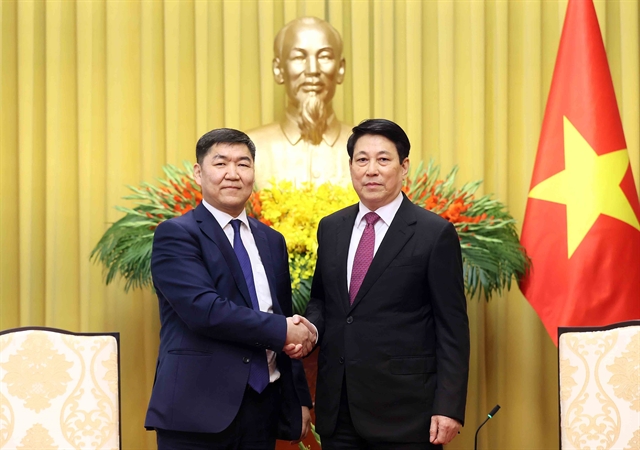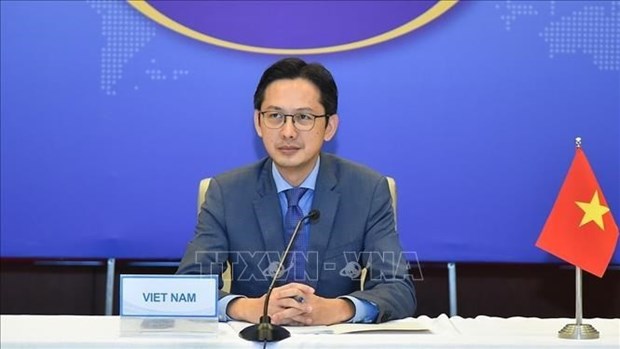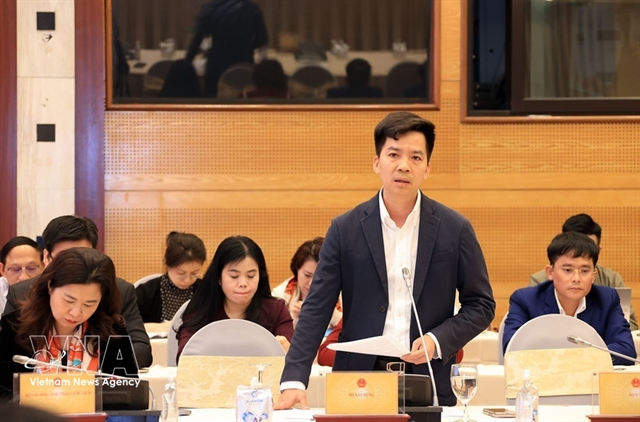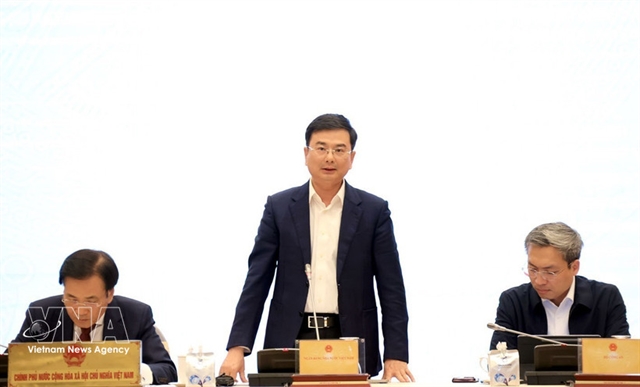 Politics & Law
Politics & Law


|
| Deputy Minister of Foreign Affairs Đỗ Hùng Việt. VNA/VNS Photo |
HÀ NỘI — Prime Minister Phạm Minh Chính’s participation at the fourth Mekong River Commission (MRC) Summit in Vientiane on April 5 demonstrates Việt Nam’s attention and determination to carry forward its role in responding to challenges, while strengthening solidarity with other member countries in order to manage and use the river’s water resources sustainably, an official has said.
In an interview granted to the Vietnam News Agency (VNA), Deputy Minister of Foreign Affairs Đỗ Hùng Việt said the PM delivered important, profound messages at the summit, reiterating Việt Nam’s strong commitment to the 1995 Mekong Agreement, and calling on countries to fully abide by the document as well as rules relating to the use of the water resources.
The Government leader also emphasised a comprehensive approach which takes people as the centre and the subject in the exploitation and use of the water resources, protects people’s legitimate rights and interests, and improves their adaptability to the river’s changes, along with extreme weather phenomena, floods, droughts and cross-border crimes.
Chính proposed specific cooperation activities, such as enhancing data sharing, and working together in research, climate change response, sustainable waterway development, cross-border crime combat, the building of green economy and circular economy, electricity connectivity and energy development.
He also called on partner countries, especially upstream ones and development partners, to cooperate and step up their support in terms of knowledge, experience, finance and resources to the commission, helping it fulfill tasks and ensure sustainable development of the river and its basin.
The Lower Mekong countries of Việt Nam, Laos, Cambodia and Thailand have carried out various socio-economic activities which impact exploitation, Việt said, citing forecast by experts that by 2040, the alluvium of the Mekong Delta will drop by more than nine times from the present, and nearly 30 times compared to 15 years ago.
The threat is further compounded by the negative impacts of climate change that are causing extreme weather events, floods, droughts and sea level rise, resulting in saltwater intrusion that adversely affects the Mekong Delta as well as water and food security in the region.
Việt said many other delegates shared the PM’s messages, adding the participating countries also shared the need to enhance cooperation and set forth common plans and projects to ensure sustainable development of the basin. VNS




